Library Park Reopen
The reopening of the Asia Culture Center (ACC) Library Park, in line with the sixth anniversary of its opening, and launch of the new permanent exhibition ”Testimony of Asian Identity and Experience Created by Modern and Contemporary Asians”
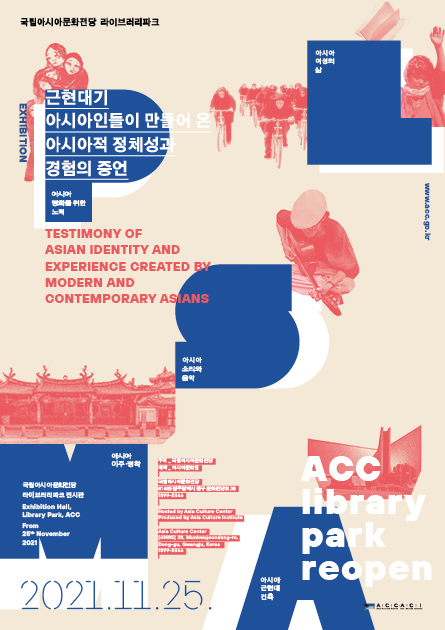
- DateNovember 25, 2021 (Thursday), onward
- Time10:00–18:00 *Closed every Monday
- PlaceAsia Culture Museum Permanent Exhibition Hall
- Age LimitFor all ages
- Price Free of charge
- TicketFree admission
- Contact+82-1899-5566
Introduction
The permanent exhibition at the ACC Library Park is based on the results of ACC’s research, surveys, and collection and intended to serve as an accessible introduction to Asia’s unique art and lifestyle culture for visitors. It is made up of five thematic exhibitions, including Asian democracy, human rights, and peace; sounds and music; architecture; women; and migration, along with ACCex, an information space for cultural information in Asia, and virtual reality (VR) experience halls for Asian intangible cultures, food, and architecture.
The five thematic exhibitions consist of films, albums, books collected by ACC during research and surveys; materials on Indonesian lifestyle, donated by the City of Delft in the Netherlands; and ACC’s collection of documentaries, money, and postcards. The first theme, “Efforts toward Peace in Asia,” details the journey toward independence and peace achieved by the former French colonies of Vietnam, Laos, and Cambodia. The second theme of “Asian Sounds and Music” demonstrates the process in which external shocks and turbulent experiences, such as postcolonialism, the Cold War, urbanization, economic development, and democratization, are sublimated to popular art through the music of famed Vietnamese musician Trịnh Công Sỏn. Furthermore, the third theme, “Lives of Asian Women,” places the lives of Iranian women under an Islamic state and women’s rights movements against the backdrop of human rights. The fourth theme, “Modern and Contemporary Architecture in Asia,” presents the case studies of Kim Swoo-geun (Korea), Geoffrey Bawa (Sri Lanka), Vann Molyvann (Sri Lanka), and Kenzō Tange (Japan) to explore the significance and characteristics of architecture in the formation of a modern state. Finally, the fifth theme, “Migration and Settlement in Asia,” examines the Chinese migration to Southeast Asia and the resulting Peranakan culture. The exhibitions will feature additional materials collected by ACC in future research and surveys.
ACCex is an interactive information search platform that utilizes digital media technology to organize 200,000 entries of digital information collected by ACC during its surveys, research, performance, and creation and production processes. When the visitor chooses a keyword related to Asian culture, the related search terms are displayed on a massive 8.6 × 2.4 m LED image platform. The visitor can then examine information on the videos, photographs, and descriptions displayed on the LED platform. ACCex is set to be developed into a reservoir of digital information on Asian culture by expanding its digital information storage and connection with all digital devices within the Library Park.
The VR exhibition allows visitors to experience intangible cultural properties and food in Central and Southeast Asia, and the traditional houses of the Toraja people in Sulawesi, Indonesia.
Exhibition information

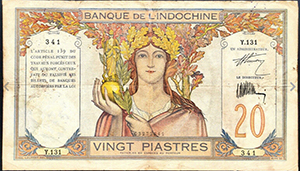
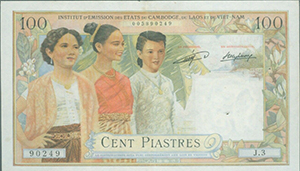
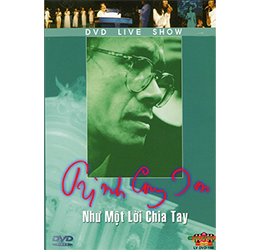
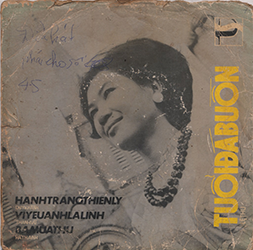
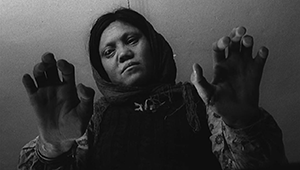
1962, 22 min, 16 mm, B/W
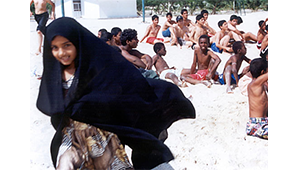
2000, 78 min, 35 mm, color
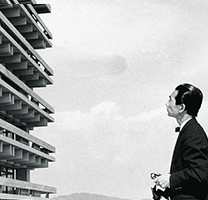
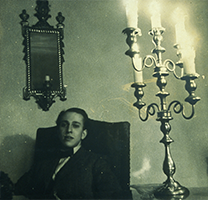
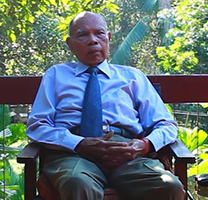
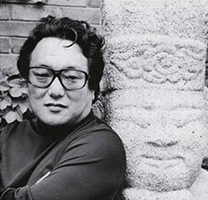
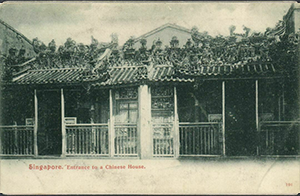
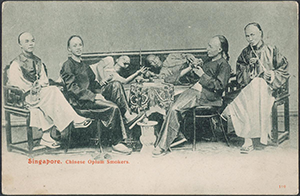
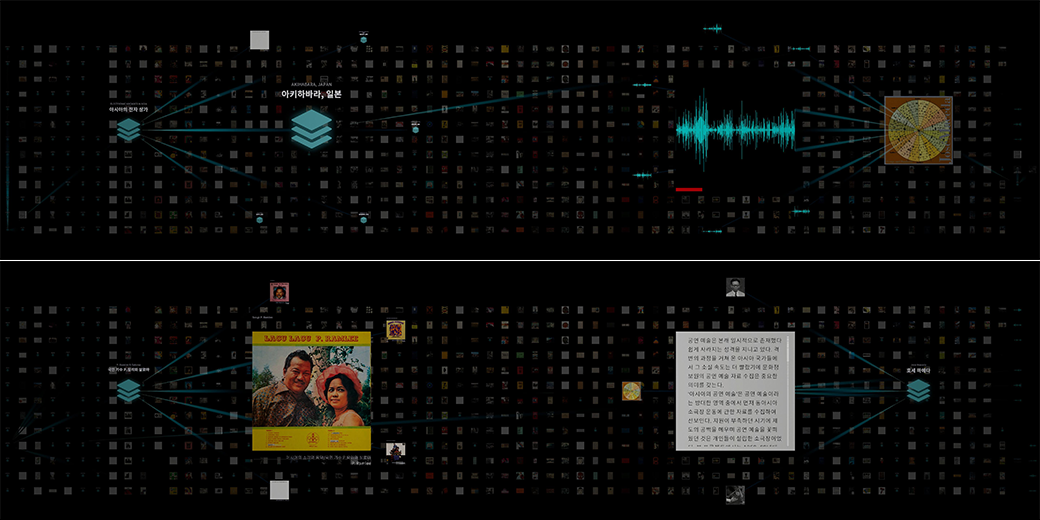
Place Info.
ACC Archive&Research, Asia Culture Museum Permanent Exhibition Hall
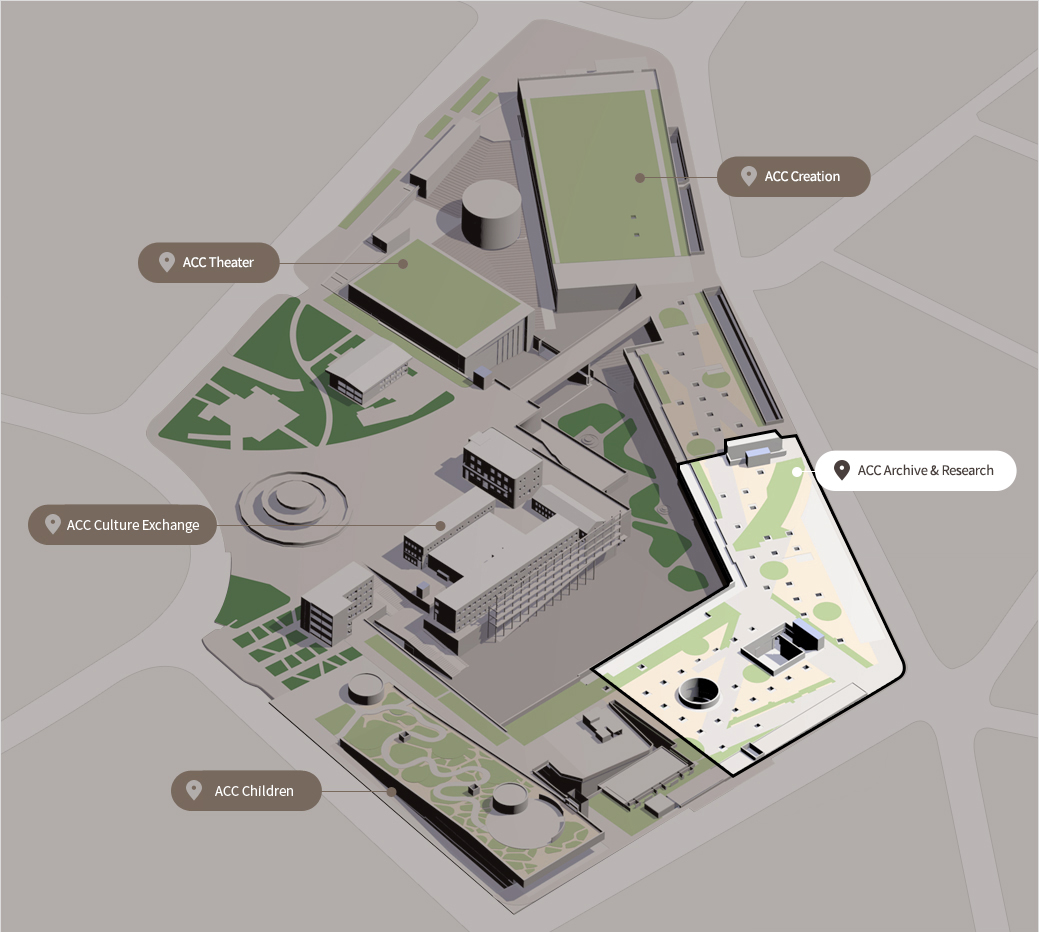
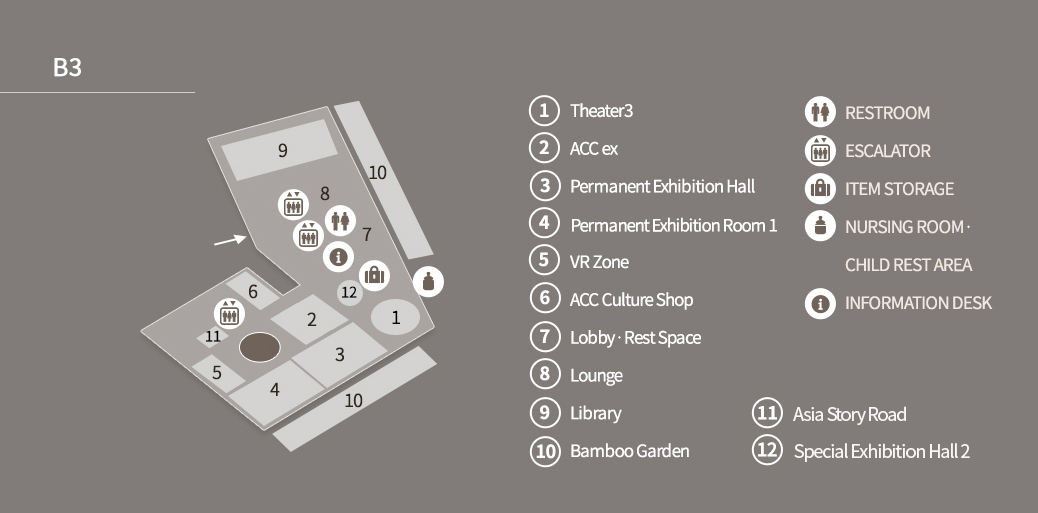
01/


